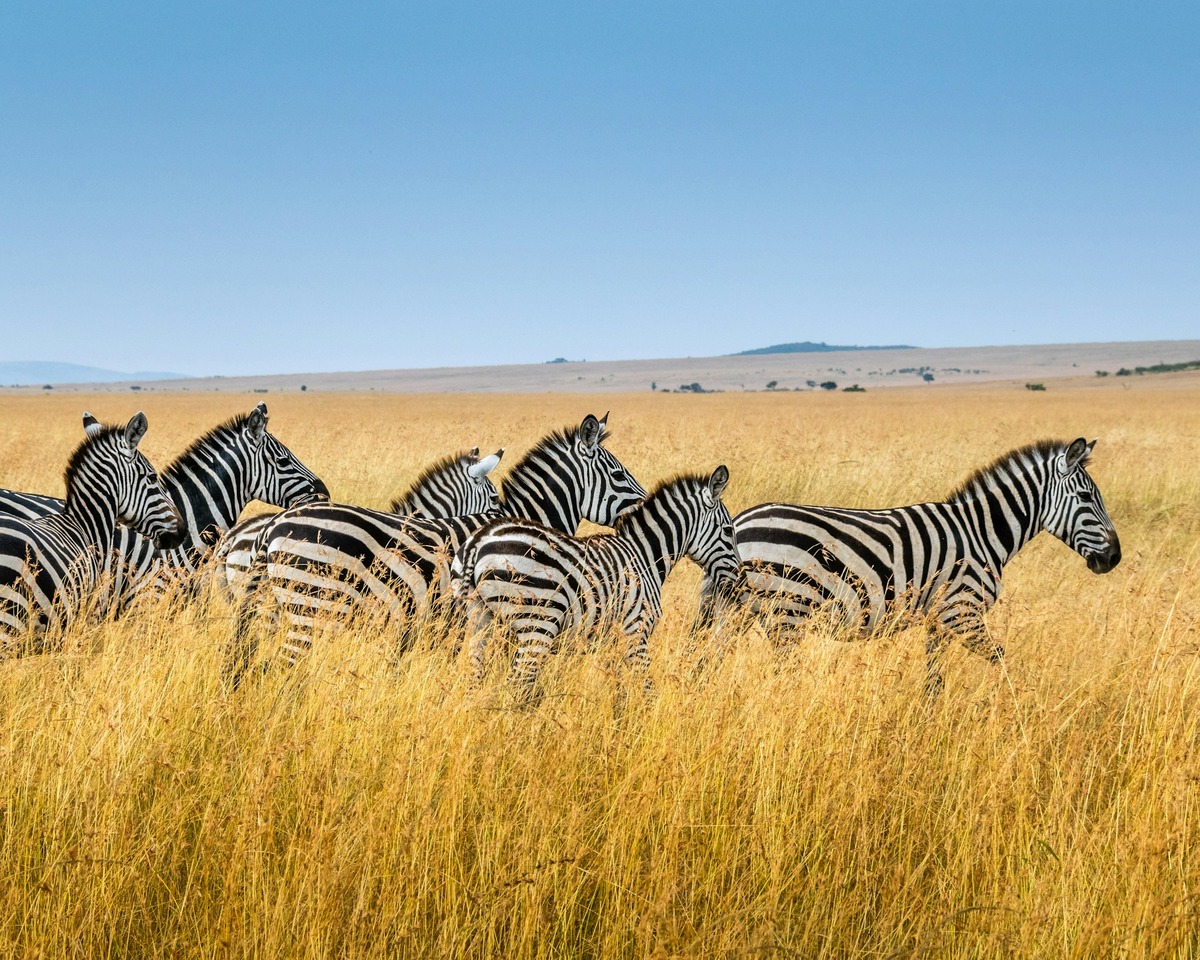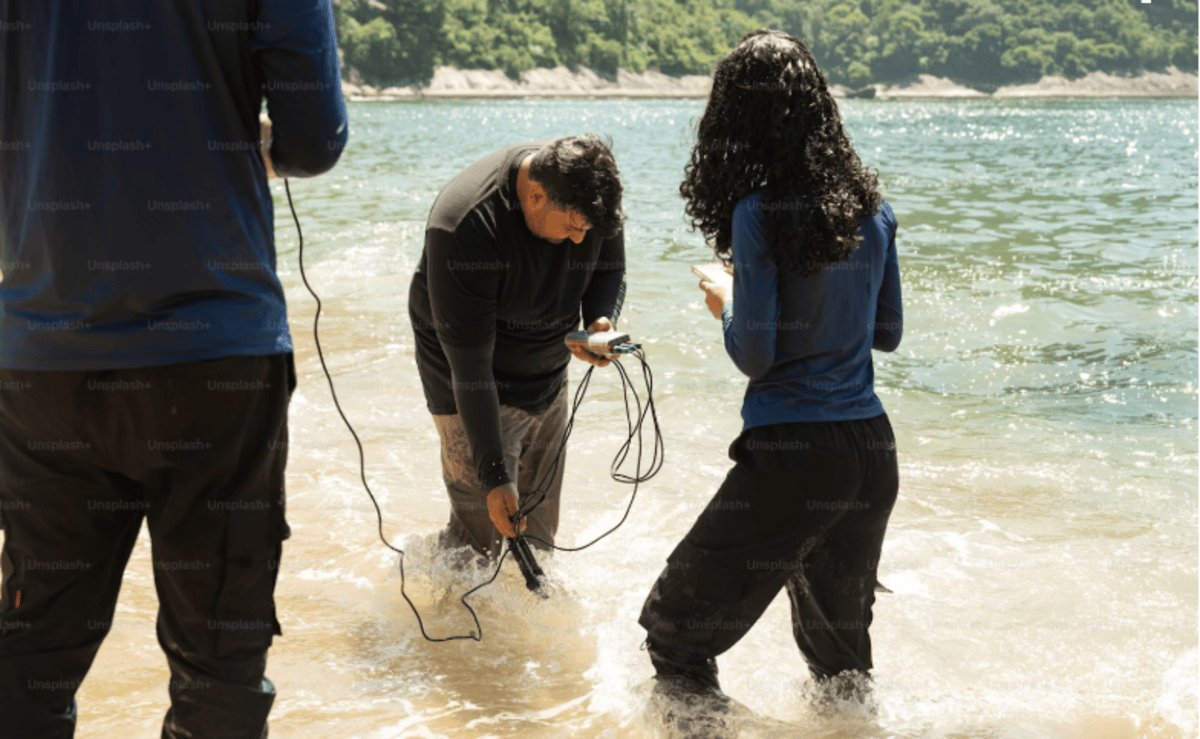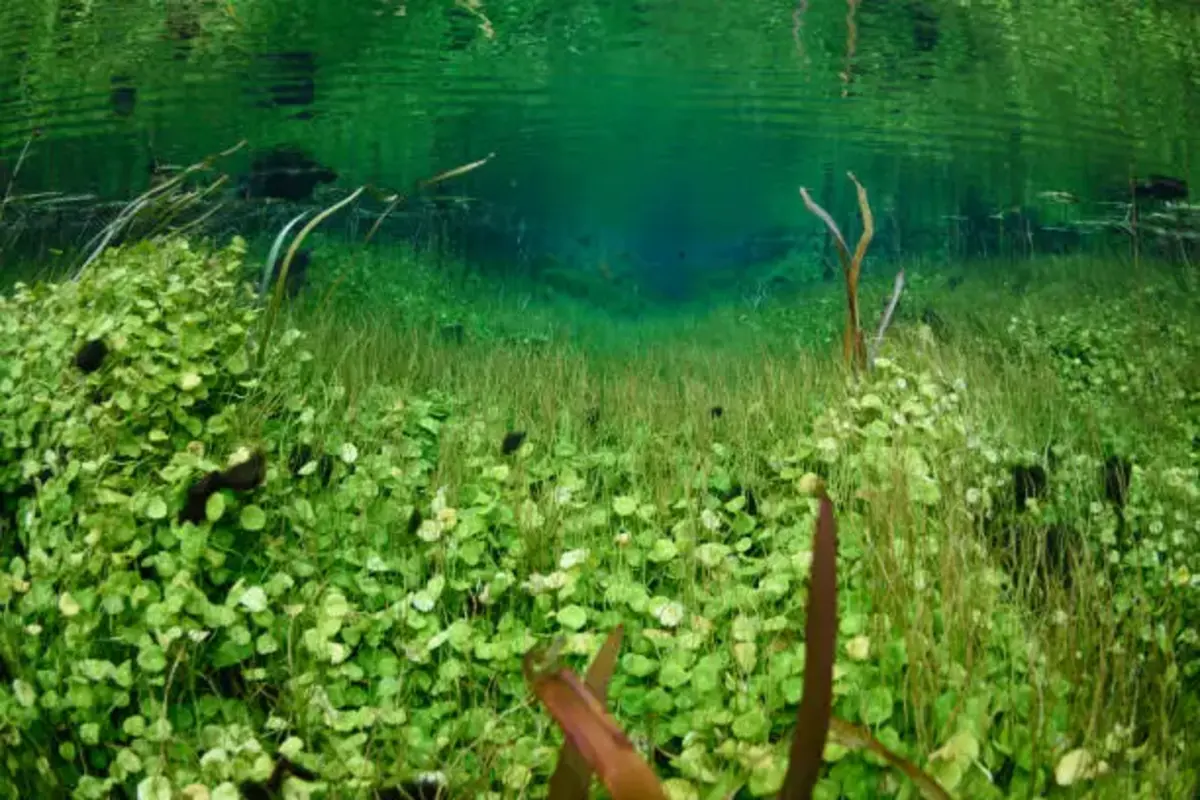Key Takeaways
- Understand why wildlife safaris are an enriching experience for travelers.
- Gain insights into planning a successful safari trip.
- Discover the vast array of wildlife and natural landscapes explored on these adventures.
- Learn how safaris contribute to conservation efforts.
Table of Contents
- Introduction: The Magic of Safari Adventures
- Why Choose a Safari?
- Planning Your Safari: Essential Tips
- Wildlife Encounters: What You Might See
- The Role of Safaris in Conservation
- Balancing Adventure and Safety
- Cultural Immersion: Beyond Wildlife
- Conclusion: Creating Memories to Last a Lifetime
Introduction: The Magic of Safari Adventures
Deep within the heart of Africa lies a world untouched by time, where the wilderness thrives in its purest form. Luxury Serengeti experiences are among several types of wildlife safaris, offering a doorway into this magical realm. A safari takes visitors across vast savannas, dense jungles, and silent wetlands, offering breathtaking sights like lioness hunting, flamingos in flight, and serene sunsets. These experiences awaken a primitive connection to the natural world, offering excitement and tranquility. The thrill of tracking a rhino, the adrenaline of a close elephant encounter, or the anticipation of spotting predators resonates within, transforming how one sees the world and sparking a lifelong passion for wildlife and conservation.
Why Choose a Safari?
Safari adventures perfectly balance thrill and mindfulness, delivering a unique blend of excitement and education. They are guests with stories they’ll cherish forever, offering insights into the natural world and our place. Whether choosing a budget-friendly option or a more luxurious Serengeti experience, every safari shares the same goal: immersing travelers in Africa’s spectacular landscapes and magnificent wildlife. Safaris provide unique experiences, promoting ecosystem health and wildlife protection. National Geographic emphasizes sustainable tourism practices, empowering local communities and preserving natural habitats. Travelers contribute to personal joy and education while supporting conservation initiatives. Safaris is crucial in protecting the environment for future generations and empowering local communities.
Planning Your Safari: Essential Tips
- Timing: Seasonal changes significantly affect wildlife visibility and the overall safari experience. It’s crucial to research which times of year best align with your interests, as migrating patterns, vegetation cycles, and even local weather can dramatically alter what you see and experience.
- Destinations: Each African region offers distinct features, from the lush deltas of Botswana to Tanzania’s breathtaking savannas. Selecting the right destination depends on your wildlife interests, whether you seek to witness the Great Migration or prefer birdwatching in coastal wetlands.
- Guides and Tours: Expert guides enrich the journey with unparalleled insights and knowledge, ensuring a rewarding trip. A good guide can mean the difference between simply observing and fully understanding what you’re witnessing, providing background, spotting well-hidden creatures, and interpreting animal behaviors.
Wildlife Encounters: What You Might See
Safaris offer unique wildlife experiences, including the ‘Big Five,’ such as elephants, lions, buffalo, leopards, and rhinoceros, as well as rare species like black rhinoceros and wild dogs. You may encounter elephants, lions, zebras, and predators depending on the destination. The safari landscape is mesmerizing, with towering acacia trees, grasslands, and rivers. Birdwatchers can enjoy the stunning diversity of the region, with hundreds of species displaying color and song, showcasing the region’s biodiversity.
The Role of Safaris in Conservation
Safaris significantly aid conservation by funding endangered species and habitats, partnering with local and international organizations to create protected areas, and funding anti-poaching units, transforming tourism benefits into tangible conservation outcomes.
Safaris help curb illegal wildlife trade and habitat destruction by raising awareness and providing economic alternatives to poaching. Such practices are crucial for maintaining biodiversity and ensuring the survival of various species. CNN Travel elaborates on eco-tourism’s importance, emphasizing how travel incentives can support responsibilities toward nature and communities around the globe.
Balancing Adventure and Safety
Safari adventure safety is paramount, with seasoned guides guiding guests smoothly and adhering to high standards. Understanding animal behavior and respecting their space is crucial for an authentic experience. Proper preparation, including vaccinations, appropriate clothing, and essentials like water, sunscreen, and insect repellent, is also essential. These expeditions promote a balance between safety and adventure, allowing guests to embrace the wild with peace of mind fully.
Cultural Immersion: Beyond Wildlife
A safari is about wildlife encounters and a profound cultural experience. Engaging with local tribes and communities provides insight into traditional lifestyles and enriches cultural exchanges. Visitors can witness tribal dances, participate in heritage tours, and learn about ancient crafts. This cultural immersion deepens understanding of the human aspect of the region, forming bonds and creating stories that go beyond the journey itself.
Conclusion: Creating Memories to Last a Lifetime
Wildlife safaris leave a deep respect for nature and enduring memories, so they’re more than just a way to travel. These unforgettable journeys bridge the gap between humans and the wild, encouraging a commitment to conserving our planet. The allure of the wild calls adventurers from across the globe to explore picturesque landscapes and diverse ecosystems, understanding and cherishing the extraordinary tapestry of life that only a safari can provide. Each journey offers a unique narrative, inviting travelers to return with stories and dreams of future adventures.














